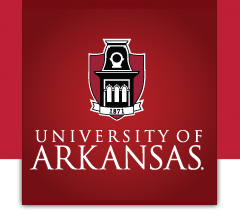Abstract
In this study, the researchers developed a survey asking students what topics were most desired, what the ideal format of the program would be, and what would motivate students to participate. Each of these questions allowed participants to rank options within topics, formats and motivators. The survey also collected demographic information concerning age, gender, university classification, and specific college so that the researchers could analyze the needs of different groups on campus. A total of 397 students participated. To analyze the data, the rankings were summed to create an aggregate ranking for each question. The demographic information was used in chi-square tests of contingency tables to determine whether the rankings were in fact tied to the demographic group of the participant. The results showed that students want programs addressing success skills (such as interviewing, computer use and oral presentation) and financial literacy topics (such as personal budgeting and investing ). The program should be lead primarily by business representatives and should use an open discussion format. Extra credit was named as the primary motivator. Finally, the chi-square tests showed significant dependencies between gender and specific rankings. These results were presented to the University of Arkansas SIFE Leadership Team; they decided to develop two new programs within success skills and financial literacy to address the expressed needs.
Recommended Citation
Otto, A. (2008). Economic Literacy at the University of Arkansas. Inquiry: The University of Arkansas Undergraduate Research Journal, 9(1). Retrieved from https://scholarworks.uark.edu/inquiry/vol9/iss1/13




